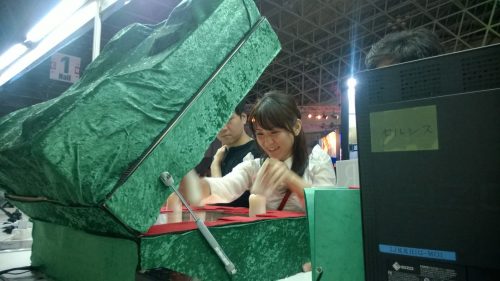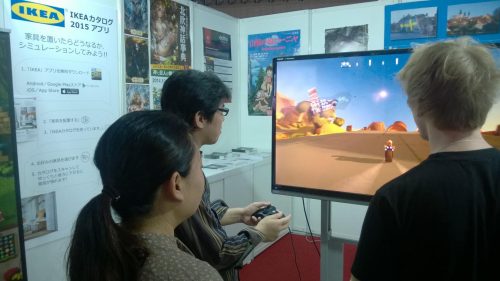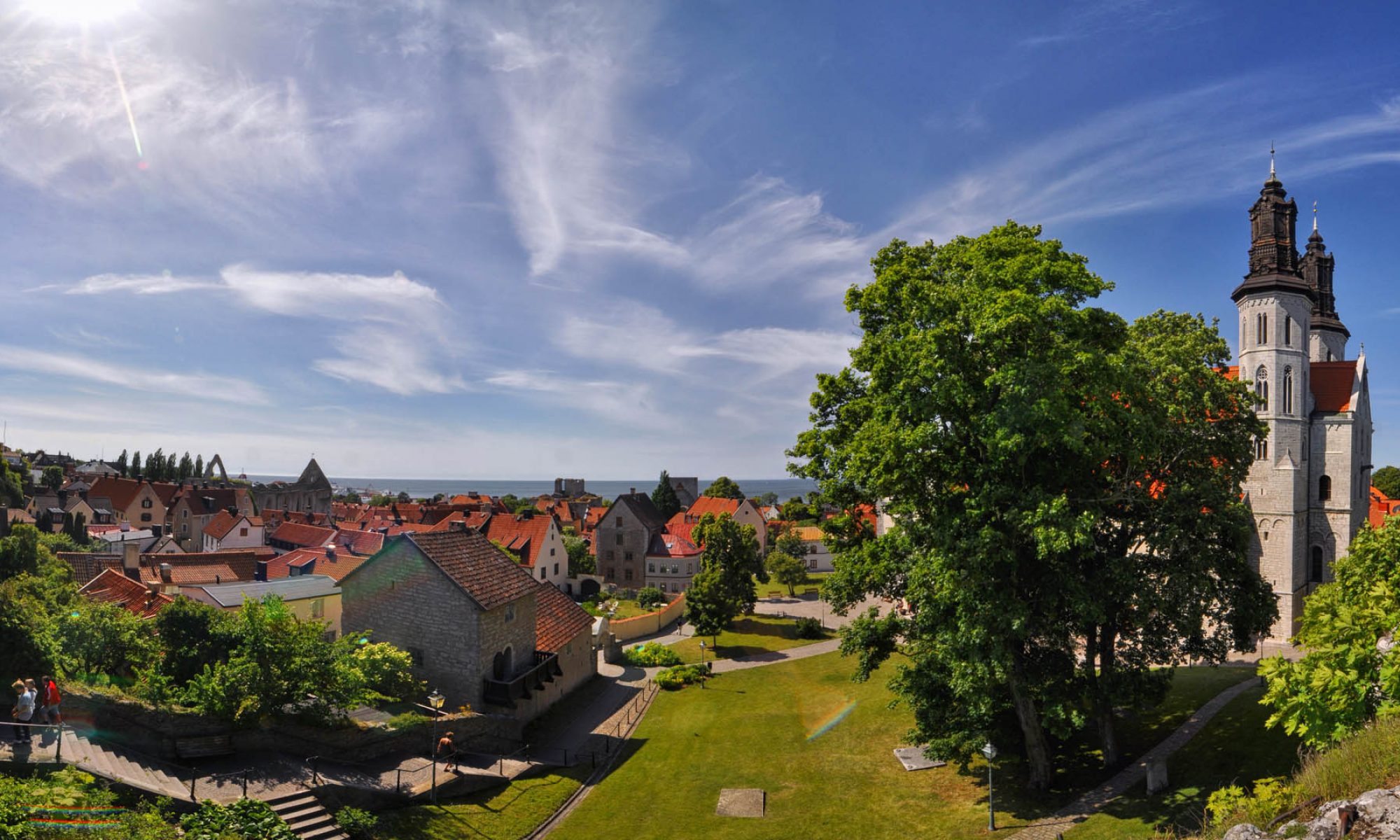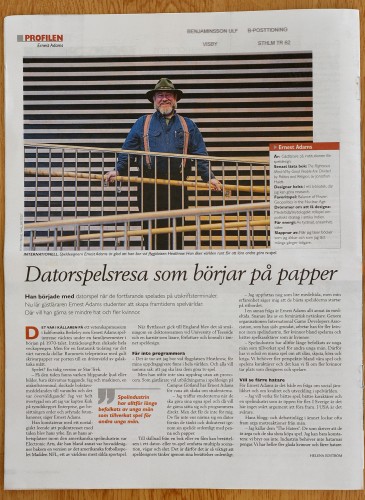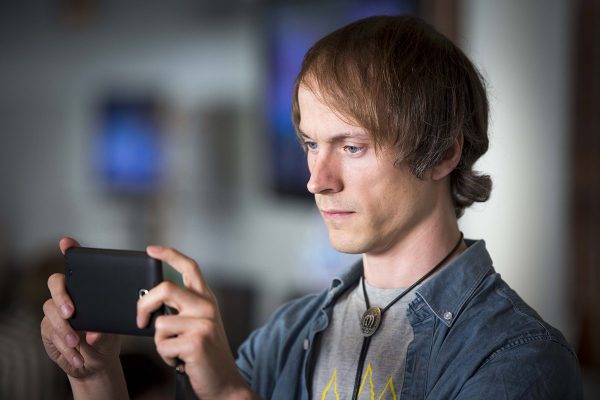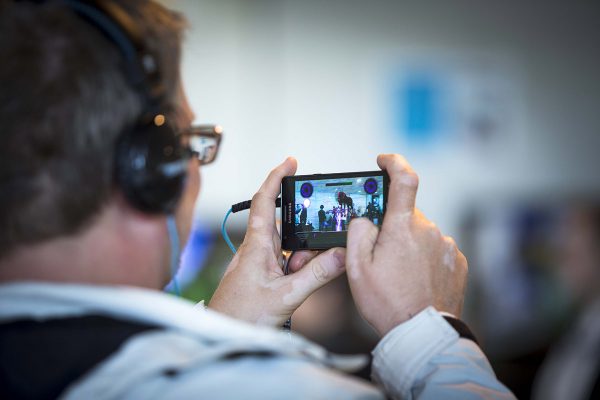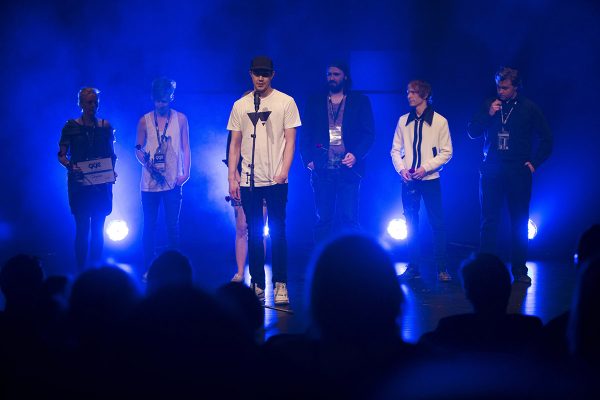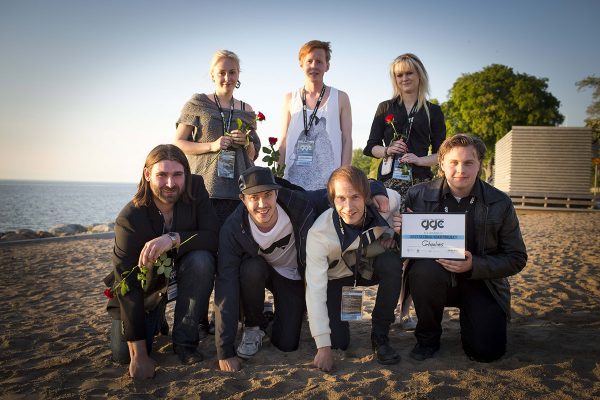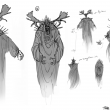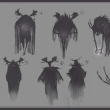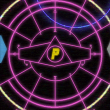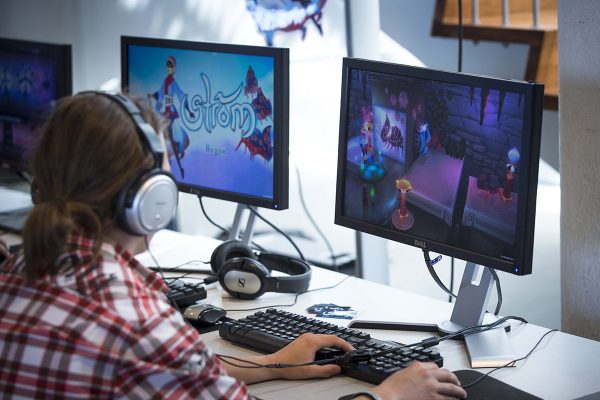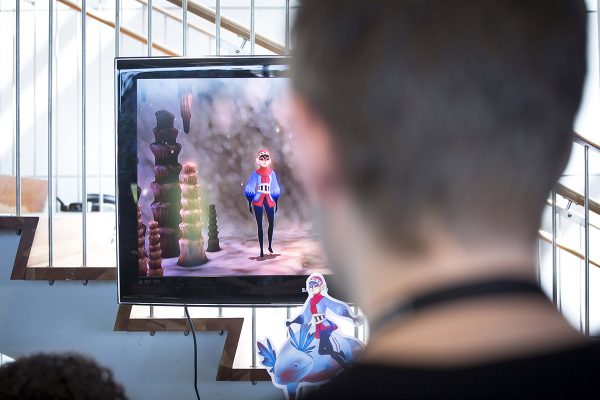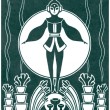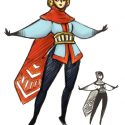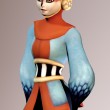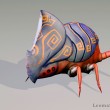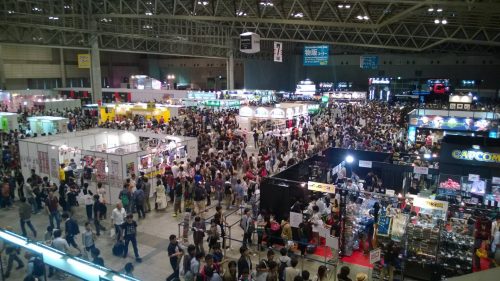
As the only western university we’ve been invited to take part in Tokyo Game Show.
“It is a great recognition of our courses and a valuable opportunity to forge new connections. In Japan they are interested in our focus on content as a complement to their strong technology development”
says Steven Bachelder, Professor at the Department of Game Design.
Tokyo Game Show is on from 19 to 22 September. A large number of exhibitors will be taking part, mainly from Japan and neighboring countries, and 250,000 visitors are expected. Sweden will have a section of its own, coordinated by the Swedish Institute. The Department of Game Design will be exhibiting research and education within converging media and game design. Among other things, three of our student projects will be on display; King of the Thrill, Little Warlock and Fly or Die.
“At the Swedish Game Awards earlier this year, games created by our students won three out of six categories. We are taking these games with us to Japan to show them at our stand in the Swedish display”
says Steven Bachelder.
One of the students who has created one of the award-winning games will be coming along to Tokyo Game Show to present the games. The group of students voted for who should go and Simon Wulf was elected, the creator of the game King of the Thrill. The students who remain at Campus Gotland will be able to communicate with the delegation via video link.
On Friday 20 September the Department and the Swedish Institute will together organize a seminar at the Swedish Embassy in Tokyo titled “Sweden and Japan – Collaboration in Game Education, Convergent Media and Industry” in Tokyo Game Show.
